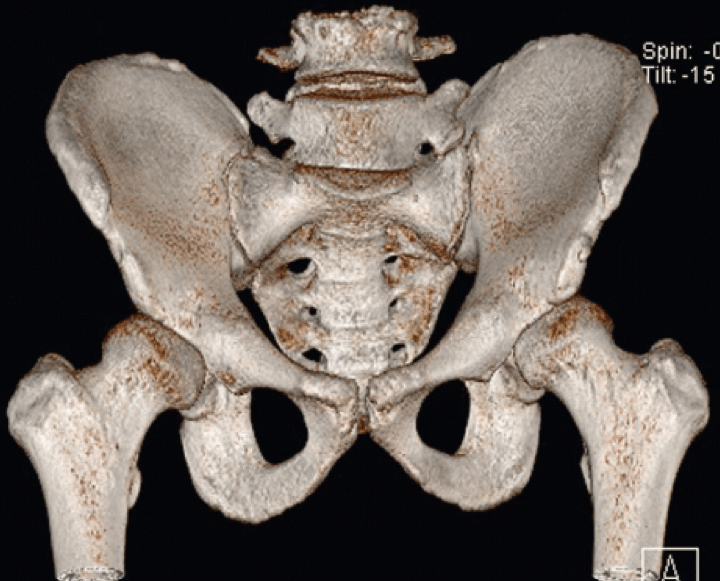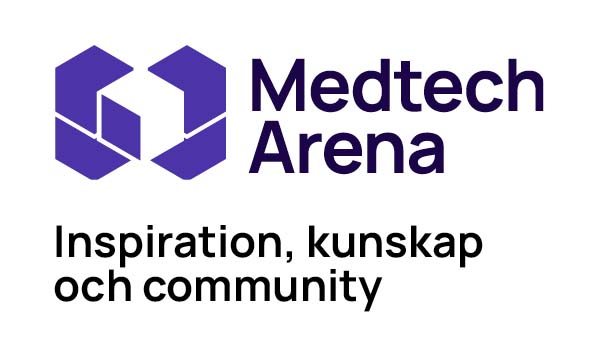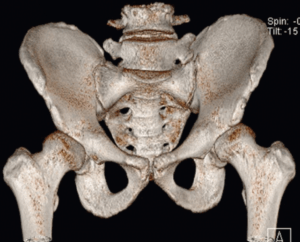
connoly
Två nya Clinical fellows anslutna till AIDA
Två nya Clinical Fellows har anslutits till AIDA efter den senaste ansökningsomgången. Det finns nu sammanlagt fyra fellows.
Collaboration on Simultaneous landmark detection and organ segmentation in medical images using multi-task deep neural network
Bryan Connoly, Karolinska sjukhuset Huddinge
Analysis of anatomy is an essential task carried out on all medical images. It can be time consuming and cumbersome, thereby taking time which could be better spent analyzing pathology or planning for treatment. This project aims to develop a multi-task deep neural network (DNN) for the detection of key anatomical structures on radiological images. It will also extract regions of interest (ROI) for further image analysis. This will be applied to orthopedic applications, specifically on 3D CT images of the hip, in preparation for surgery. This system will automatically label the bones, important landmarks, organs and ROIs. It will be able to learn with each image it processes and ultimately lead to improved accuracy as the number of images it analyses increases. This will save time for radiologists and surgeons, and will lead to more accurate diagnostics. This in turn will lead to reduced risk and improved quality of care and outcomes for orthopedic patients. This automated process will help to pave the way for other applications in orthopedics, but also in every part of the body, thus carrying out a step towards improved patient care using the help of computer analysis.
Automatic detection of lung emboli in CTPA examinations
Tomas Fröding, Nyköping Hospital
Pulmonary embolism (PE) is a serious condition in which blood clots travel to, and occlude, the pulmonary arteries. To diagnose or exclude PE, radiologists perform CT pulmonary angiographies (CTPA). Today the interpretation of the CTPA is done manually by a radiologist, which is time-consuming and dependent on human factors, especially in the stressful conditions of emergency medical care. Several automatic PE detection systems have been developed, but none with acceptable accuracy for clinical usage. A general limitation in these previous efforts has been lack of expert annotated CTPAs for training and validation of the systems.
This clinical fellowship at AIDA will support the efforts of our team to develop a system for fast and precise automatic identification of pulmonary embolization in CTPA examinations. It will
to a considerable extent be devoted to structured and detailed annotation of a large set of CTPA examinations, aiming at removing a main obstacle to apply deep learning techniques in medical image analysis.
The resulting system will save precious time of both patients suspected of having PE and of radiologists during their daily clinical routines. This will, in turn, have a strong positive impact on the health system in Sweden, considering that CTPA is today one of the most common emergency CT examinations in the country.
AKTUELLT
Finansieringsglapp lämnar små och medelstora företag utan stöd
Medtech4Health och Swelife har tillsammans finansierat över 200 projekt genom utlysningen ”Samverkansprojekt för bättre hälsa”. Syftet har varit att accelerera utveckling och kommersialisering av innovativa lösningar för vård och hälsa. Resultatet talar sitt tydliga språk – tillväxten hos de finansierade företagen har ökat kraftigt.
Glad sommar önskar vi från Medtech4Health
Efter en intensiv vår är det snart dags för en välbehövlig sommarpaus. Men först ser vi fram emot att ses i Almedalen där vi är en del av mötesplatsen Tillsammans.
SO Västra stärker innovationskraften genom samverkan och erfarenhetsutbyte
Medtech4Healths nod SO Västra har gjort programmet till en naturlig del av innovationsarbetet i Västra Götaland. Här finns en stark samverkan där metoder och erfarenheter delas framgångsrikt.
Nytt verktyg ska bana vägen för smidigare breddinförande av medicinteknik
Först ut från Medtech4Healths strategiska projekt MedImpact är ett instrument för enklare breddinförande av teknik för egenmonitorering. Med instrumentets frågebatteri blir det möjligt att undvika fallgroparna vid ett breddinförande. Instrumentet finns på Medtech Arena.
NYHETSBREV
Följ nyheter och utlysningar från Medtech4Health - prenumera på vårt nyhetsbrev.



